Research
Oxford University ranked number 1 in the Times Higher Education (THE) World University Rankings for the tenth year running, and at the heart of this success is our ground-breaking research and innovation.

Discover more about how Oxford researchers are working to reduce emissions, remove greenhouse gases from our atmosphere and reverse nature’s decline, all while ensuring that we can adapt and thrive in a rapidly changing climate
Climate and the environment at Oxford
Discover how Oxford researchers are responding to the climate crisis
Oxford is world-famous for research excellence and home to some of the most talented people from across the globe. Our work helps the lives of millions, solving real-world problems through a huge network of partnerships and collaborations. The breadth and interdisciplinary nature of our research sparks imaginative and inventive insights and solutions.


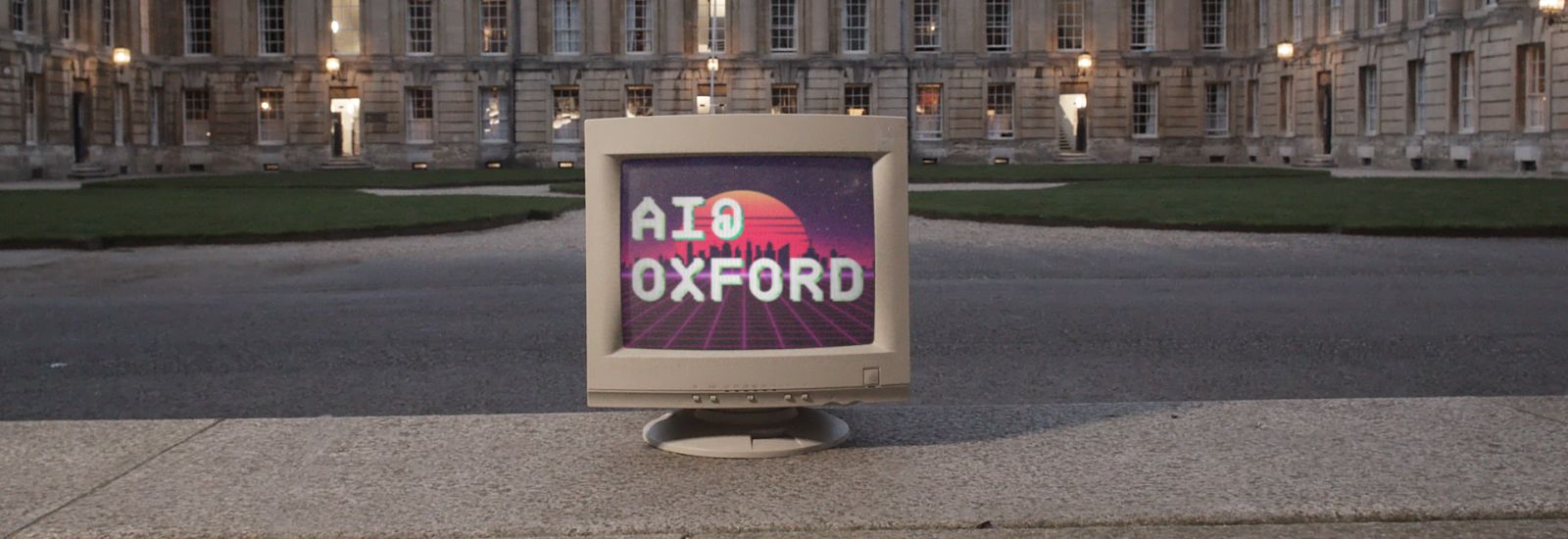





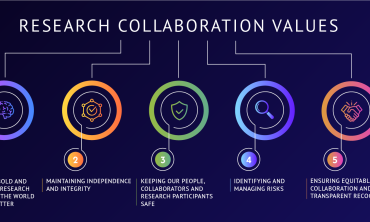





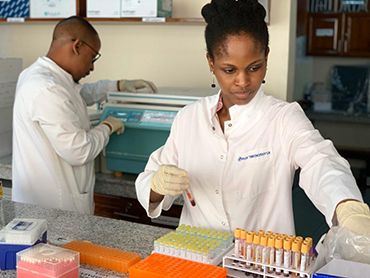


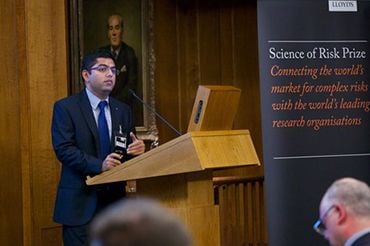

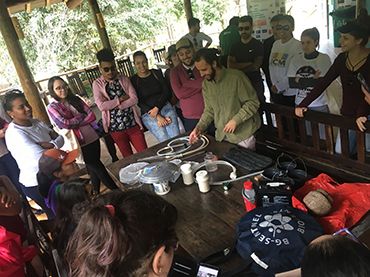


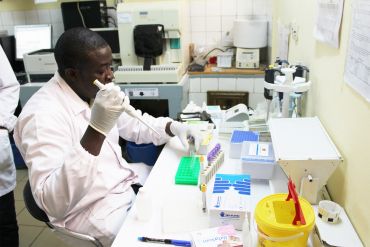
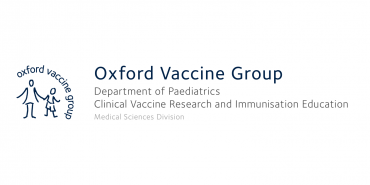





 New study estimates NHS England spends 3% of its primary and secondary care budget on the health impacts of temperature
New study estimates NHS England spends 3% of its primary and secondary care budget on the health impacts of temperature
 International collaboration launches largest-ever therapeutics trial for patients hospitalised with dengue
International collaboration launches largest-ever therapeutics trial for patients hospitalised with dengue
 World's first Phase II Nipah virus vaccine trial launch
World's first Phase II Nipah virus vaccine trial launch

